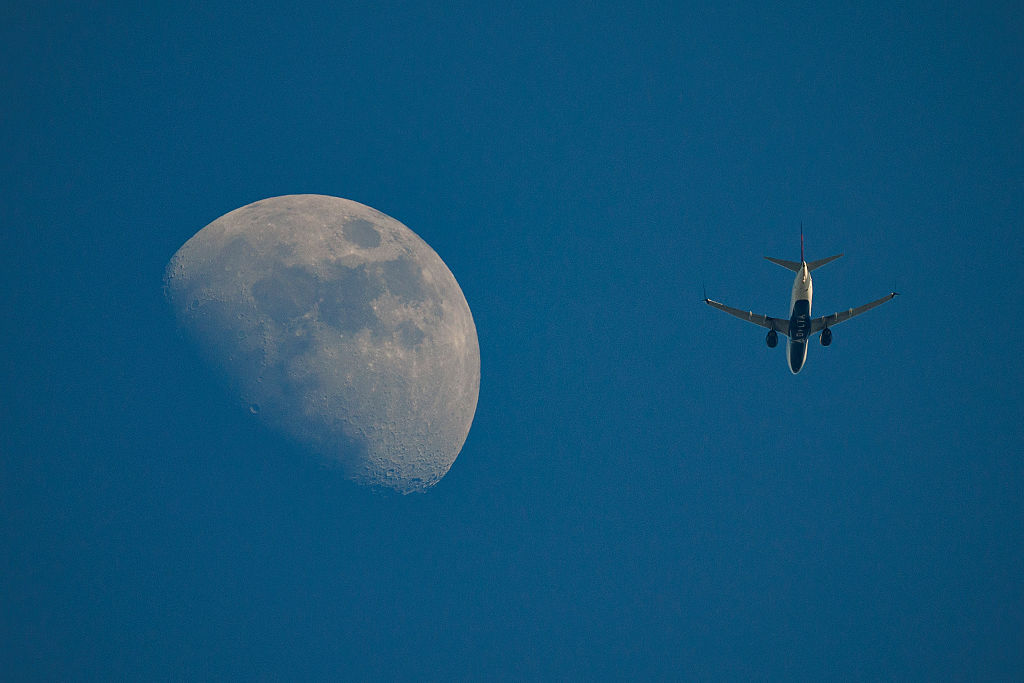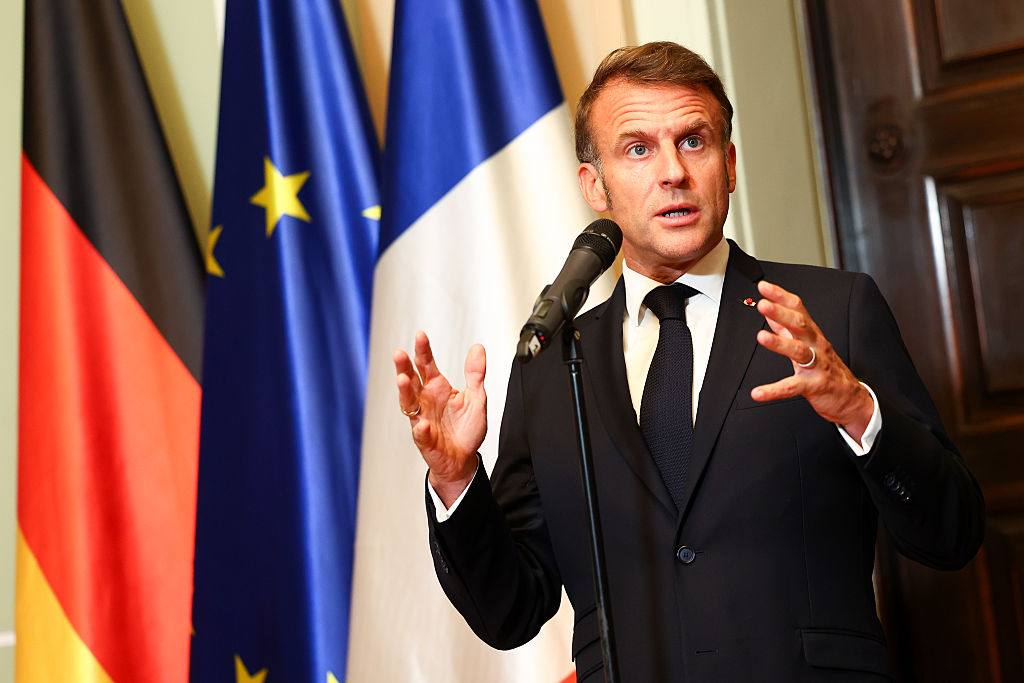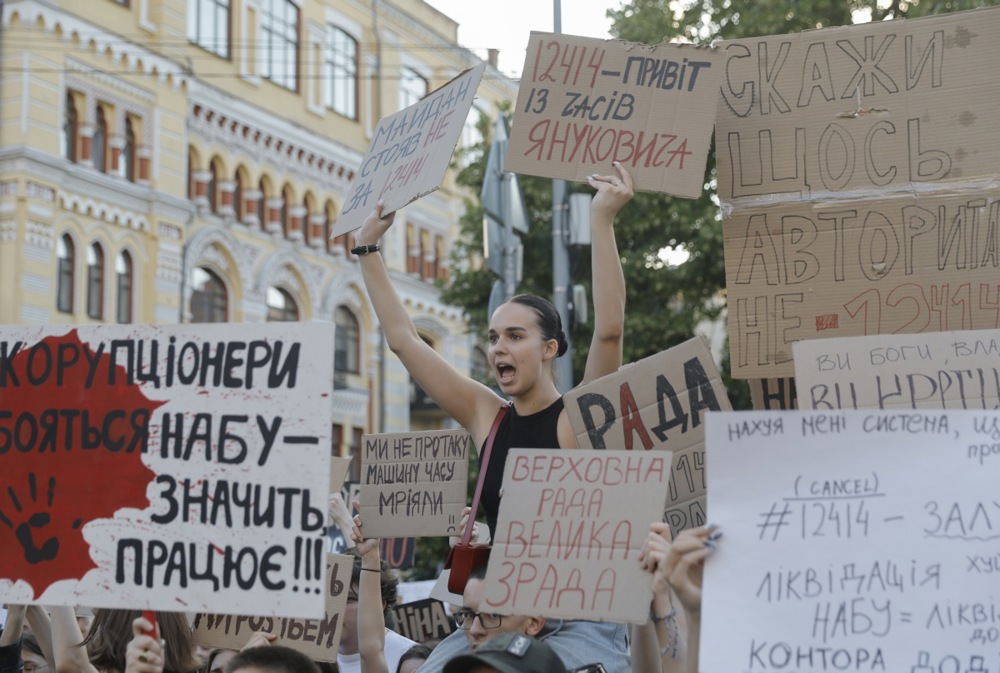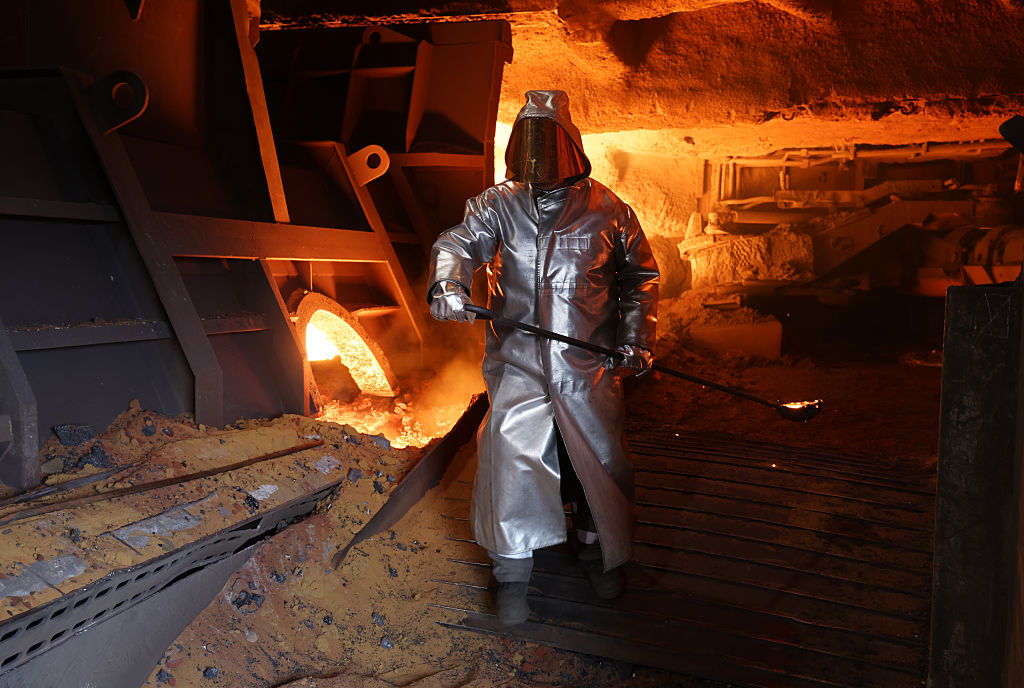A row between Israel and France over Paris’ plan to recognise a Palestinian State in September escalated to crisis level when Prime Minister Benjamin Netanyahu accused French President Emmanuel Macron of fomenting “anti-Semitism”.
The Élysée hit back on August 19, calling Netanyahu’s allegation “abject” and “erroneous”.
“This is a time for seriousness and responsibility, not for conflation and manipulation,” the French presidency added.
Netanyahu’s accusation was sent in a letter addressed to Macron, seen by AFP, which said that anti-Semitism had “surged” in France following the French President’s announcement in July that he would recognise Palestinian statehood.
Macron said France would formally recognise a Palestinian State during a UN meeting in September — a move that drew a swift rebuke from Israel.
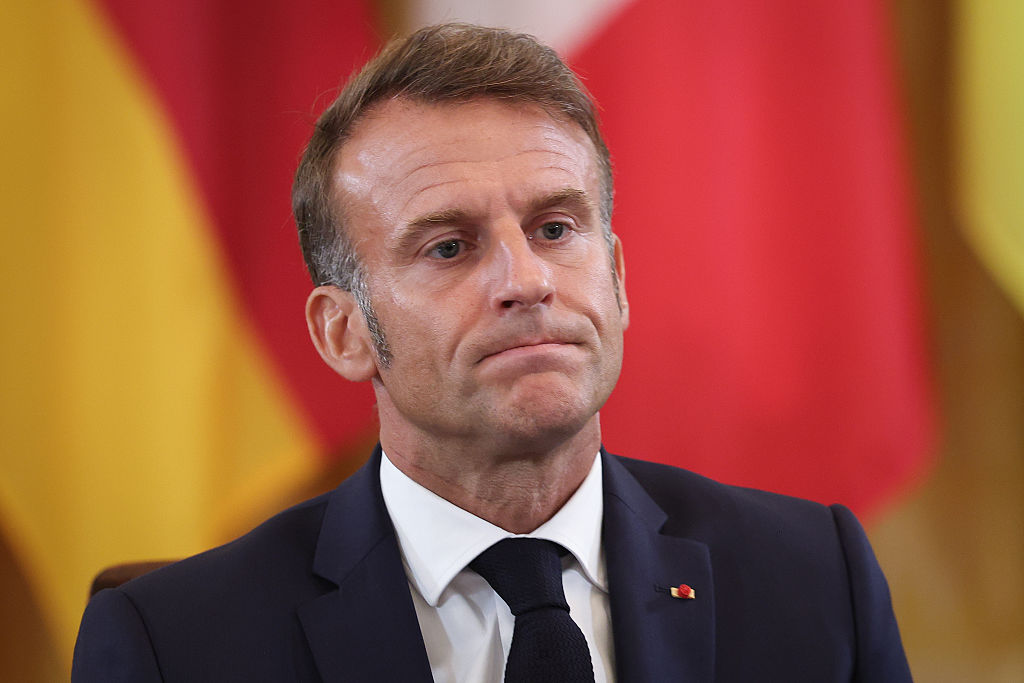
In his letter, Netanyahu said to Macron: “Your call for a Palestinian State pours fuel on this antis-Semitic fire. It is not diplomacy, it is appeasement.
“It rewards Hamas terror, hardens Hamas’ refusal to free the hostages, emboldens those who menace French Jews and encourages the Jew-hatred now stalking your streets.”
He recalled the vandalism of the Paris offices of Israeli airline El Al with graffiti branding it a “genocidal airline,” as well as the June arson attack on a Jewish elementary school in Lyon, where swastikas and pro-Palestinian slogans were scrawled on the building, according to US TV channel 124News.
Rabbis, Netanyahu added, were being physically assaulted in the streets of Paris. “These are not isolated incidents — it’s an epidemic,” he said.
By announcing its move, France was set to join a growing list of nations to have recognised statehood for the Palestinians since the start of the Gaza war nearly two years ago.
Also on August 19, Netanyahu accused his Australian counterpart of having “betrayed Israel” and “abandoned” Australia’s Jewish community, after days of increasingly strained relations between the two countries.
The Israeli PM said history would remember Australian Prime Minister Anthony Albanese “for what he is: A weak politician”, the BBC reported.
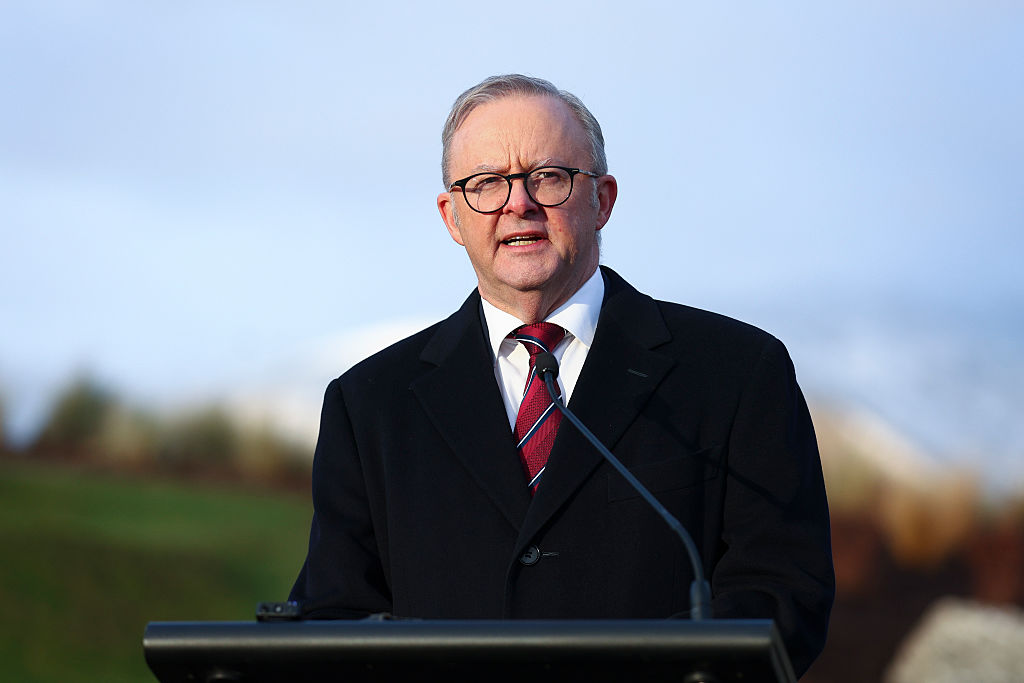
The attack came amid a diplomatic spat between the two countries after the Australian Government on August 18 cancelled the visa of right-wing Israeli politician Simcha Rothman.
Rothman, whose ultranationalist party is in Netanyahu’s governing coalition, had been scheduled to speak at events organised by the Australian Jewish Association.
Hours after his visa was cancelled, Israel’s foreign minister Gideon Saar said he had revoked the visas of Australia’s representatives to the Palestinian Authority.
In a statement, Australian foreign minister Penny Wong said revoking their visas was an “unjustified reaction” by Israel and that Netanayahu’s government was “isolating Israel and undermining international efforts towards peace and a two-state solution”.
There was no immediate response from Albanese at the time of writing.
Israel’s opposition leader criticised Netanyahu’s remarks, branding them a “gift” to the Australian leader.
Yair Lapid wrote on X: “The thing that most strengthens a leader in the democratic world today is a confrontation with Netanyahu, the most politically toxic leader in the Western world.
“It is unclear why Bibi [Netanyahu] is rushing to give the Prime Minister of Australia this gift.”
France is among at least 145 of the 193 UN members that now recognise or plan to recognise a Palestinian State, according to an AFP tally.
France has long advocated for the so-called “two-state solution” for a Palestinian State to live in peace side-by-side with an Israeli one.
It has said its move to recognise a Palestinian State goes against Hamas, which rules Gaza and which has excluded a two-state solution.
In its response to Netanyahu’s anti-Semitism allegation, the French presidency said France “protects and will always protect its Jewish citizens”.
Macron’s office added that the allegation in Netanyahu’s letter “will not go unanswered”.
“Violence against the [French] Jewish community is intolerable,” the French presidency said.
“That is why, beyond criminal convictions, the president has systematically required all his governments since 2017 — and even more so since the terrorist attacks of October 7, 2023 — to show the strongest action against perpetrators of anti-Semitic acts,” it said.
Macron’s minister for Europe, Benjamin Haddad, separately said in reaction to Netanyahu’s letter that France had “no lessons to learn in the fight against anti-Semitism”.
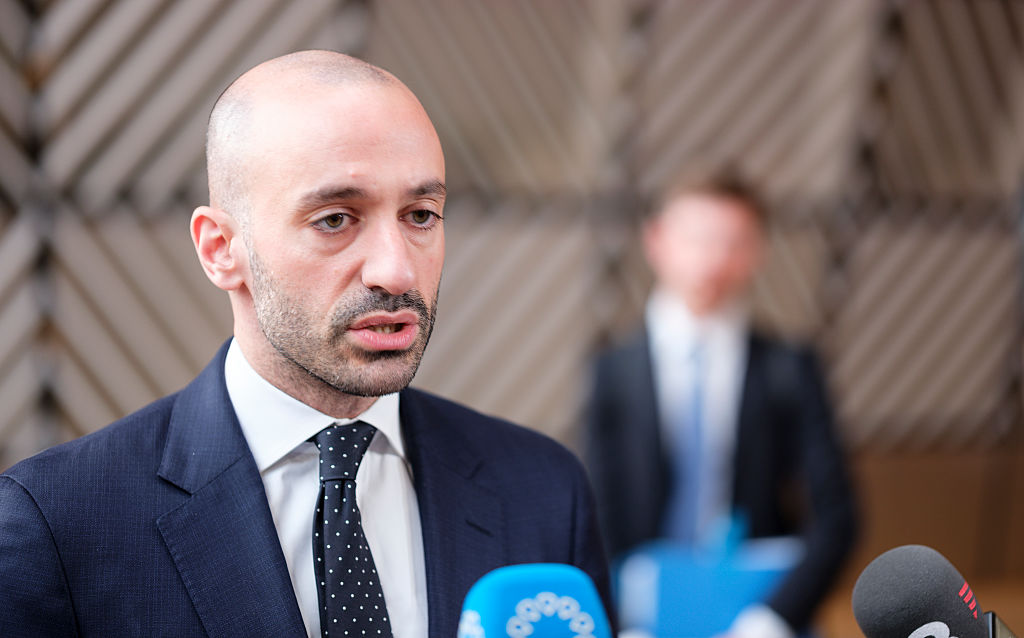
The issue, “which is poisoning our European societies”, must not be “exploited”, Haddad added.
France is home to Europe’s biggest Jewish community.
Reported anti-Semitic acts in France surged from 436 in 2022 to 1,676 in 2023, before dipping to 1,570 last year, according to the interior ministry.

